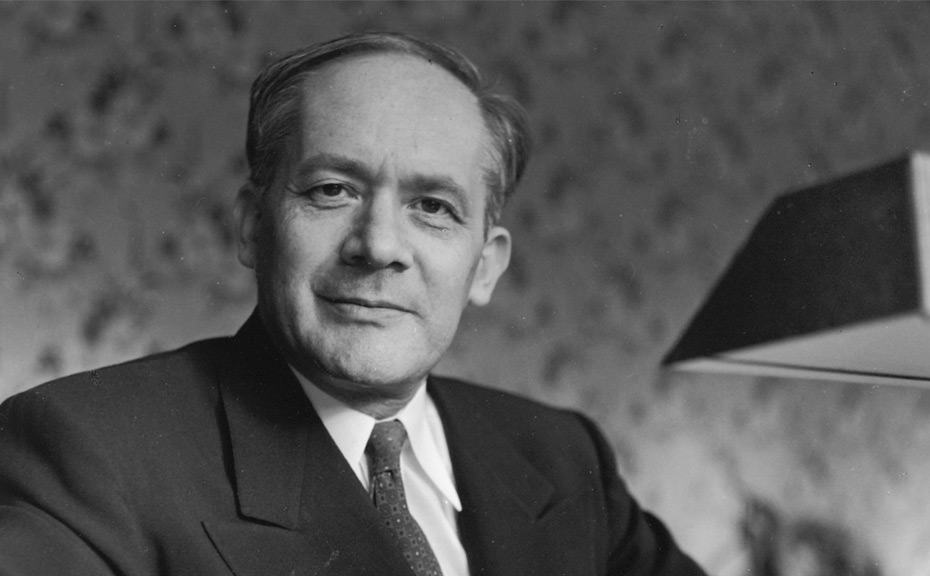By Localiiz
Branded | 27 March 2024
By Localiiz
Branded | 22 March 2024
By Localiiz
Branded | 12 March 2024
Copyright © 2024 LOCALIIZ | All rights reserved
Subscribe to our weekly newsletter to get our top stories delivered straight to your inbox.
 We go behind the scenes of the award-winning film Watchers of the Sky which explores the phenomenon of genocide through the eyes of a survivor. Simon Goldberg, Director of Education at Hong Kong Holocaust & Tolerance Centre tells us how the story came to the screen.
Almost exactly 40 years ago, Khmer Rouge nationalists commandeered the streets of Phnom Penh and began evacuating the Cambodian people into the countryside. Their vision was a classless, irreligious agrarian society in which cities were depopulated and the masses were deployed as farmers in labour camps. From 1975-1979, Pol Pot’s regime killed upwards of two million Cambodians through work exhaustion, starvation, and torture.
And during these very days one hundred years ago, Turkish authorities in the Ottoman Empire apprehended Armenian intellectuals and, under the cover of the First World War, targeted them—and other minority Christian communities—for annihilation. By 1922, estimates of 1.5 million Armenians had been murdered.
[caption id="attachment_29992" align="aligncenter" width="930"]
We go behind the scenes of the award-winning film Watchers of the Sky which explores the phenomenon of genocide through the eyes of a survivor. Simon Goldberg, Director of Education at Hong Kong Holocaust & Tolerance Centre tells us how the story came to the screen.
Almost exactly 40 years ago, Khmer Rouge nationalists commandeered the streets of Phnom Penh and began evacuating the Cambodian people into the countryside. Their vision was a classless, irreligious agrarian society in which cities were depopulated and the masses were deployed as farmers in labour camps. From 1975-1979, Pol Pot’s regime killed upwards of two million Cambodians through work exhaustion, starvation, and torture.
And during these very days one hundred years ago, Turkish authorities in the Ottoman Empire apprehended Armenian intellectuals and, under the cover of the First World War, targeted them—and other minority Christian communities—for annihilation. By 1922, estimates of 1.5 million Armenians had been murdered.
[caption id="attachment_29992" align="aligncenter" width="930"] Raphael Lemkin[/caption]
It was in response to early 20th century atrocities that Raphael Lemkin, a Polish-Jewish lawyer, famously asked: “Why is the killing of a million a lesser crime than the killing of an individual?” Lemkin, who found refuge in the United States during the Second World War, would lose 49 members of his family in the Holocaust. Yet his impressions of the Armenians’ plight, coupled with the searing dimensions of his personal loss, compelled him to coin the term “genocide” in 1943, and to dedicate his life to passing the 1948 Genocide Convention: the first human rights treaty to be passed by the United Nations, banning the crime of genocide.
Watchers of the Sky — which premiers in Hong Kong this Wednesday — tells Lemkin’s riveting, if tragic story, and through it wrestles with the recurrence of genocide in our world. It provokes us to consider the threads that connect mass atrocities: from their conception, to their implementation, to the few who dare stand on the side of the persecuted, and risk their lives to thwart the killings. Yet the film also narrates Lemkin’s legacy—highlighting the tenacity of those individuals following in his footsteps to transform genocide prevention from an idea into a status quo. It asks: how do we fight this virus? As individuals, as nations, as a world?
For more information about the screening, click here.
Raphael Lemkin[/caption]
It was in response to early 20th century atrocities that Raphael Lemkin, a Polish-Jewish lawyer, famously asked: “Why is the killing of a million a lesser crime than the killing of an individual?” Lemkin, who found refuge in the United States during the Second World War, would lose 49 members of his family in the Holocaust. Yet his impressions of the Armenians’ plight, coupled with the searing dimensions of his personal loss, compelled him to coin the term “genocide” in 1943, and to dedicate his life to passing the 1948 Genocide Convention: the first human rights treaty to be passed by the United Nations, banning the crime of genocide.
Watchers of the Sky — which premiers in Hong Kong this Wednesday — tells Lemkin’s riveting, if tragic story, and through it wrestles with the recurrence of genocide in our world. It provokes us to consider the threads that connect mass atrocities: from their conception, to their implementation, to the few who dare stand on the side of the persecuted, and risk their lives to thwart the killings. Yet the film also narrates Lemkin’s legacy—highlighting the tenacity of those individuals following in his footsteps to transform genocide prevention from an idea into a status quo. It asks: how do we fight this virus? As individuals, as nations, as a world?
For more information about the screening, click here.
[button color="blue" size="medium" link="https://localiiz.us4.list-manage.com/subscribe/post?u=c2964a434922598f5d8ee53ff&id=07d327a2e8" icon="" target="true"]Subscribe to receive our weekly newsletter[/button]
Top